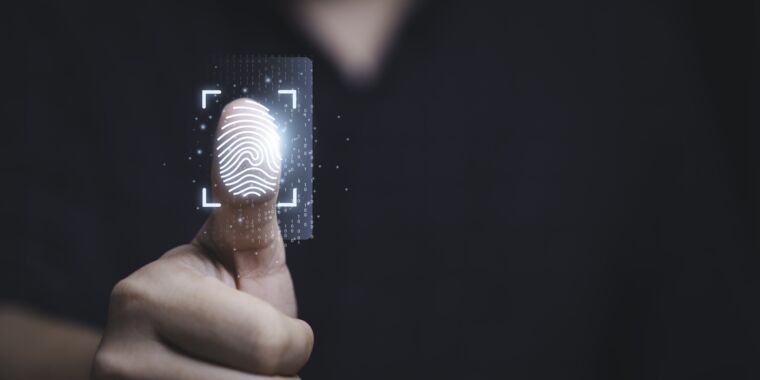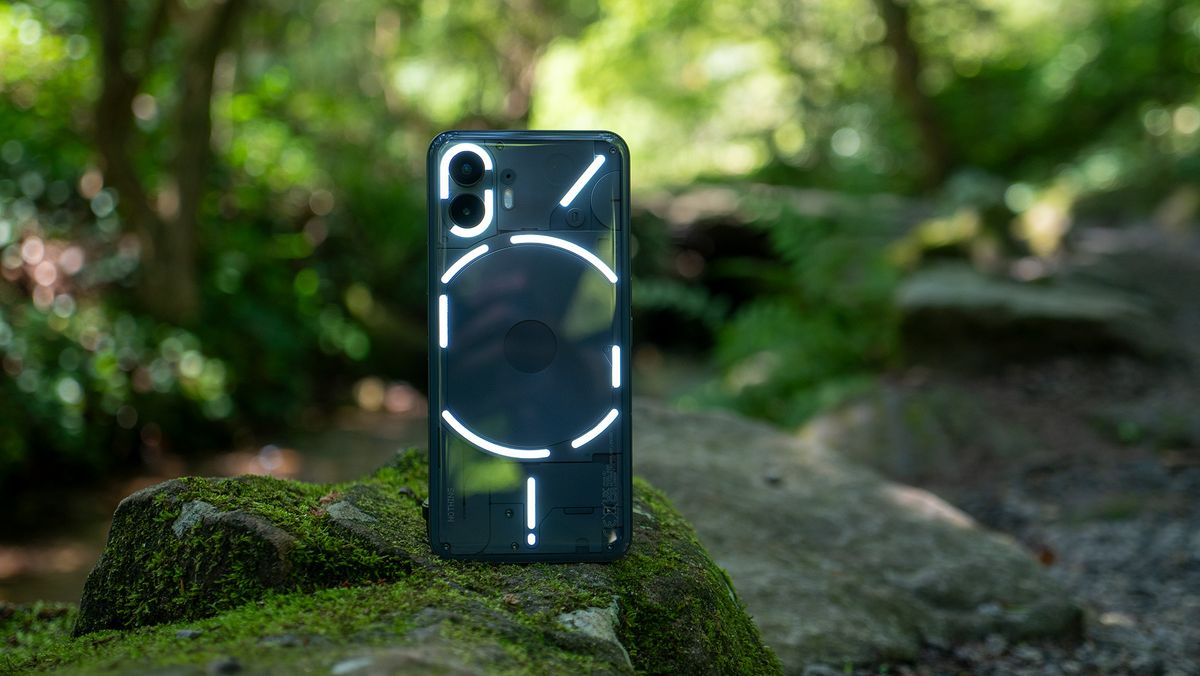Get the latest tech news
You might not want to use your fingertip to unlock your phone
The 9th Circuit determined that forcibly mashing a suspect's thumb into his phone to unlock it was akin to fingerprinting him at the police station.
Further, Tallman wrote that as a parolee, Payne has "a significantly diminished expectation of privacy," and even though the conditions of his parole did not require him to "provide a biometric identifier," the distinction was insufficient to support throwing out the search altogether. But Tallman went a step further in the Fifth Amendment analysis: "We hold that the compelled use of Payne's thumb to unlock his phone (which he had already identified for the officers) required no cognitive exertion, placing it firmly in the same category as a blood draw or fingerprint taken at booking," he wrote. When they drafted the Fourth Amendment, the Founders drew on the history of "writs of assistance," general warrants used by British authorities in the American colonies that allowed government agents to enter homes at will and look for anything disallowed.
Or read this on Hacker News

